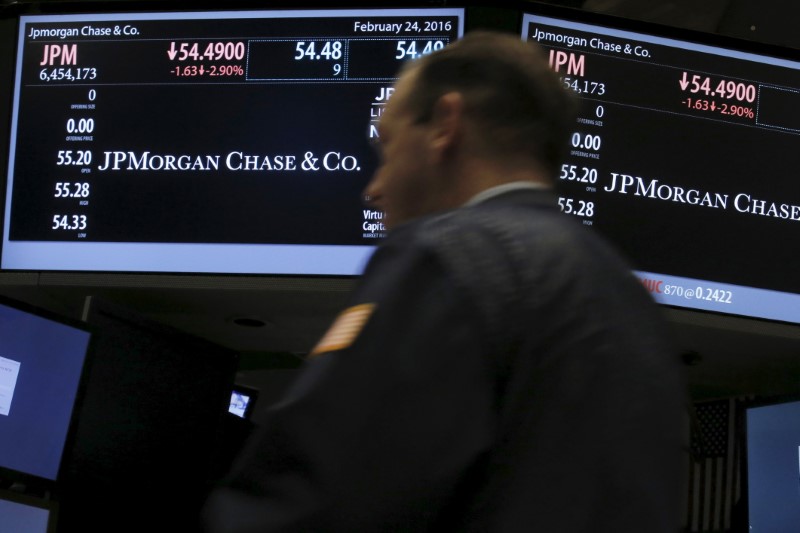In response to upcoming regulatory changes, JPMorgan Chase & Co. (NYSE:JPM) is accelerating the securitization of a significant portion of its $1.3 trillion loan portfolio within Chase, its retail division. The move, announced on Friday, is aimed at complying with proposed rules requiring larger capital buffers based on risk-weighted assets.
The bank's strategy involves converting auto loans, credit card debts, and mortgages into tradable, interest-bearing securities. This process will reduce JPMorgan's risk-weighted assets, ensuring compliance with the proposed regulations and demonstrating the bank's strategic foresight in navigating regulatory landscapes.
These regulatory proposals were initially put forward by U.S. banking regulators in July as a means to enhance capital reserves and protect banks from potential losses during economic downturns. Despite criticism from CEO Jamie Dimon, who suggested that these changes could impact the investability of bank stocks, JPMorgan continues to service these loans off its balance sheet in preparation for the new regulations.
While preparing for these regulatory changes, JPMorgan also agreed to a $75 million settlement related to dealings with financier Jeffrey Epstein. This news coincided with a decline in JPM shares trading on Friday.
This article was generated with the support of AI and reviewed by an editor. For more information see our T&C.
